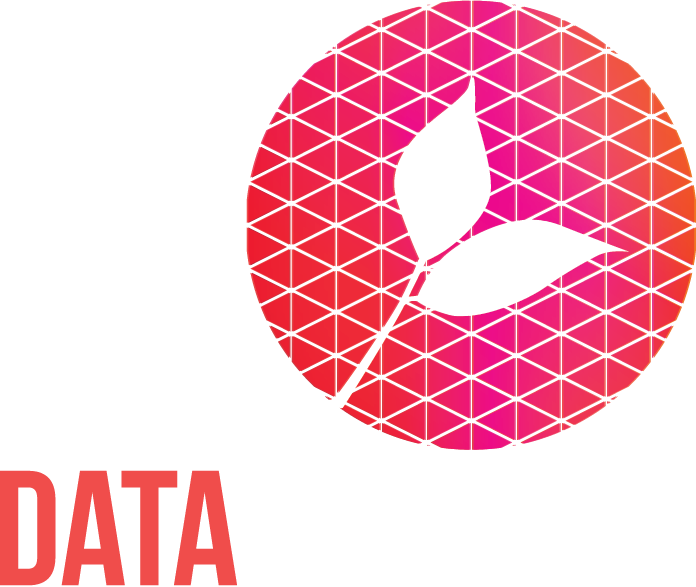What data professionals in nonprofits think about data culture
Building a culture takes time and lots of people
A workshop on data culture
Each month we bring together data folk from different nonprofits to discuss a particular aspect of data. These workshops are fun, relaxed and interactive.
Last month we asked people to consider data culture. Participants worked in breakout rooms (which we mixed up every so often so everyone got a chance to meet plenty of other people).
We asked people to make notes in a shared Google Doc and I’ve used these notes as the basis of this post.
A data culture requires challenge
At some level using data means everyone recognising and challenging assumptions they and other staff members hold. If decisions are evidence based, people need to show open mindedness about facts. It needs to be normal to say “let’s test this, or is it just one perception”.
Some people are threatened by challenge or questioning performance. The data showing a negative trajectory doesn’t necessarily mean you’re not doing a good job just that the data isn’t showing it.
You also need a supportive culture where people can ask for the help they need, and aren’t afraid to do so. Leaders and managers can demonstrate that they continue working with data honestly even if it tells you inconvenient truths.
Impact is key
Data can make an impact. Staff should see that the work they are putting in collecting the data is showing value at senior level.
Data should be considered as part of evaluation and impact analysis at initiation. A good sign is simply collecting data on the organisation’s impact (particularly if it’s not required by the funder).
An organisation with a good data culture will have a theory of change so people know why data is important to collect at different touchpoints, how people fit into what an organisation is doing and can see the bigger picture. Data will be discussed as part of normal activity, not as a separate discussion.
Frontline staff should see data collection as part of their role and should understand their impact. Sharing more with them to understand the impact can introduce that discussion e.g. A cancer charity explained how the information and evidence really made a difference for fundraising potential. Involving lots of people across the organisations.
Data literacy is key and there should be a general understanding of statistics across the organisation.
Leadership matters
Hierarchical leadership is important. The senior managers and trustees in a good data culture demonstrate they’re invested in using data and recognise their responsibilities in helping staff collect and use data. If the leadership/CX isn’t data savvy it can be a huge barrier to moving the organisation to become more data mature. Leaders should be thinking ahead about data that may be required for future strategy.
Cultural change is not quick and moving to a data culture will have to align with other cultural values.
Everyone should know who in the organisation is responsible for data leadership and who is accountable.
You need data to use data
Data should be openly shared and in a format that it can be shared and understood. Data can be moved and shared easily, getting hold of data is not an onerous process. Sometimes there is resistance to providing data because of how that data could be used externally “what are they going to do with it?”, “what assumptions are they going to make?”. This requires clear leadership to address.
Democratise your data. Everyone should be part of the picture and understand their responsibilities. Many data needs can be self-served.
Data should be held only for as long as it is useful. Archiving policies should allow the organisation can identify trends and patterns based on a long term data set.
Some practical steps you can take to build your data culture
Take time to set things up properly and set the foundations. Agree a set of principles on ethics and your approach to data. It should start with staff induction: “this is what we collect, who’s responsible, roles, values”. Being transparent about this (internally and externally) can be very powerful.
Embed data considerations early on in a project, for example when you’re applying for funding. Some commissioners might be less familiar with data collection for good quality.
Persuade senior people to evangelise data. Appoint or identify data champions. Start proposing and getting money for projects. Investment is an explicit sign of organisational strategy.
Use non-data terms, avoid jargon. Avoid framing it as admin, instead talk about “evidence, insight, and strategy” Focus the data work on what you really need to know.
Learn from and be inspired by what others in the sector have achieved. [for example by joining one of our monthly workshops - Ed]
Encourage every staff member to report what’s gone well and what could be improved (with evidence) against the organisation’s theory of change. It’s important to have everyone involved in those discussions: not just the data person.
Train people. For example: a charity that collects a lot of information and asks people to check it on spreadsheets runs basic Excel training for everyone.
Ask leadership specifically what they need to make decisions to demonstrate value. Get them excited. Data Action Stories are really useful for this.
Some online resources shared during the discussion
When saying “it’s about the culture” means “we’re not going to do anything about it”
Trying to build a data culture in your organisation? (Resources to help by MIT)

